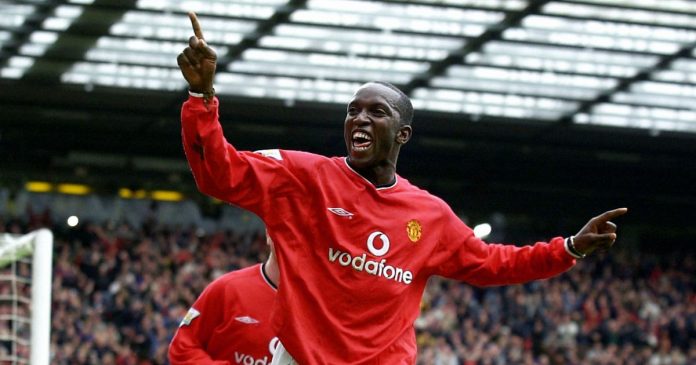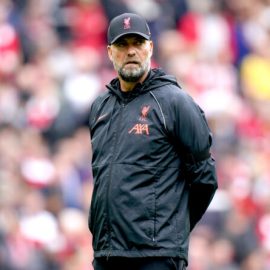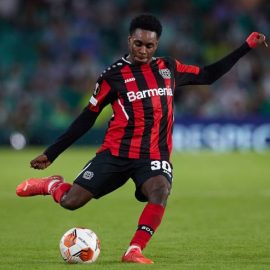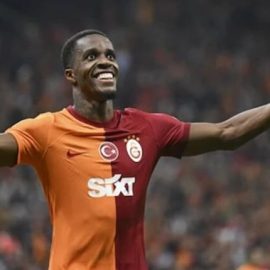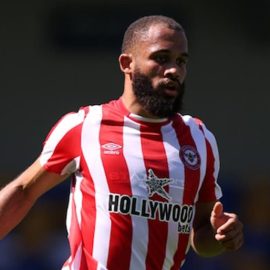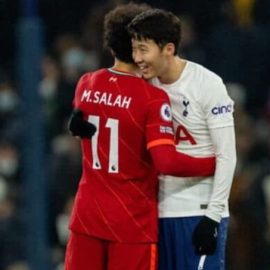It’s not often you feel sorry for footballers. After all, their heartache is pretty minimal when you hold it up against the light of the real world.
Three weeks till payday and not a penny in the bank account? Well Carlos here never got a single text off Sir Alex in all the time he played for Manchester United! Girlfriend coming in from work later and later, smelling of aftershave? Think about poor Andrey and the tax situation for a second, he only earns £2m a year now! Phone bill come in and is more than your monthly salary? You wanna see the shoddy pay rise Ashley has been offered!
See? It’s a different set of parameters. Footballers enter into a career knowing that almost any access to the moral high ground, or any sense of injustice, is pretty much forbidden. How dare you feel hard done to when you are earning fortunes?
But seeing the events at Manchester City recently, it got me thinking. A couple of weeks ago the story broke that Gelson Fernandes, City’s 22 year old Swiss international midfielder, had been swiftly offloaded to French side Saint-Étienne. Not a massive story in the grand scheme of things, but it struck a chord with me. I admit it, I felt sorry for the lad.
Fernandes was signed by Sven-Göran Eriksson (of Notts County fame) in the summer of 2007, as the Swede hastily revamped a squad that had been allowed to drift towards nothingness under first Kevin Keegan, and later Stuart Pearce (how else do you explain the presence of both Darius Vassell AND Danny Mills?). The then 20 year-old Fernandes was described by Eriksson as “the best young player in Switzerland”, and made a promising start to his City career, with thirty two appearances in his debut season securing a place in Switzerland’s squad for Euro 2008. He may have lacked the elegant class of his peer, Michael Johnson, or the wily know-how of his senior, Dietmar Hamann, but he added plenty of energy and no little ability.
But with Eriksson’s departure, and the arrival of Sheikh Mansour Bin Zayed Al Nahyan at Eastlands, the goalposts were suddenly moved. All of a sudden City were aiming high. Higher than the likes of Gelson anyway. Vincent Kompany’s arrival in August was followed by that of Nigel De Jong in January, and since then Gareth Barry has been added to the ever-swelling ranks. Gelson found himself marginalised last season, making only 27 appearances, mainly as substitute. It was no surprise to anyone that he moved on this summer.
And it got me thinking further. City signed pretty much a whole team under Eriksson that summer, and of that lot, how many are still considered useful at the club? Rolando Bianchi never even completed a full season on Manchester before he was sent back to Italy, Valeri Bojinov has endured two horrendously injury-blighted seasons and is now way down the pecking order of forwards, and Javier Garrido started promisingly but now sits firmly behind Wayne Bridge in the left back stakes, likewise Martin Petrov with Robinho. Vedran Ćorluka lasted just a season at the club before being lured away by Tottenham, whilst Elano shone brighter than anyone for six months but now has been reduced to a bit-part role, and today was linked with a loan move to German side Köln.
Then there were the January signings. Benjani’s move from Portsmouth was a long drawn out affair that was only completed at the thirteenth hour (it would have been the eleventh but he missed his flight), whilst Felipe Caicedo arrived from Swiss side FC Basel for a not-unsubstantial £5.2m fee.
All of these players were signed to do a job by City. Most featured prominently in Eriksson’s first season in charge, with Elano, Petrov & Ćorluka particularly impressive. But with new owners came increased expectations, expectations that could only, it seems, be achieved by buying better players. And fast. Mark Hughes has, understandably, been like a kid in a sweet shop with City’s cash, and suddenly good players are simply not good enough. They have to be better than good. Martin Petrov, good, but Robinho? Better. Benjani? Good, but Emmanuel Adebayor is better?
Even relatively recent signings such as Shaun Wright-Phillips, Craig Bellamy and, preposterously, Roque Santa Cruz, must be glancing across the dressing room at Adebayor, Robinho & Carlos Tévez and wondering how they are going to fit in. What seemed like a dream move to an exciting new project could quickly turn sour for players like that. Just ask Jô, currently rebuilding his career with the more steadily progressive Everton, having been given a full six months to adapt and set the Premier League alight.
Or, just ask those who fell into a similar trap at Chelsea. The first summer under Roman Abramovich was frightening, players signed left right and centre. Expectations were not especially high, Chelsea fans were excited about their club’s new prospects, but equally happy just to see the likes of Joe Cole, Hernán Crespo & Damien Duff at their club.
A season later and José Mourinho was installed as manager. Expectations now shifted towards silverware, and lots of it. Glen Johnson? Good player, but Paulo Ferreira was a European Cup winner, therefore better. Robert Huth? Useful, but no Ricardo Carvalho. And so forth. The likes of Scott Parker found themselves heading for the exit door quicker than you could say “Michael Essien”, and with his chances of playing in a World Cup all but ruined. And we won’t even mention Steve Sidwell. It’s the price you pay for joining a club on the up, unless you are a special player, sooner or later someone will become available who is better than you- Stephen Ireland was superb for City last season, but would he be keeping Kaká out of the team?
It’s a conundrum for any player to consider before committing themselves to City’s “project”, how long before I am a question rather than an answer. In Gelson’s case it was about twelve months, in the case of Bellamy or Santa Cruz it could be even less.
Add Sportslens to your Google News Feed!
